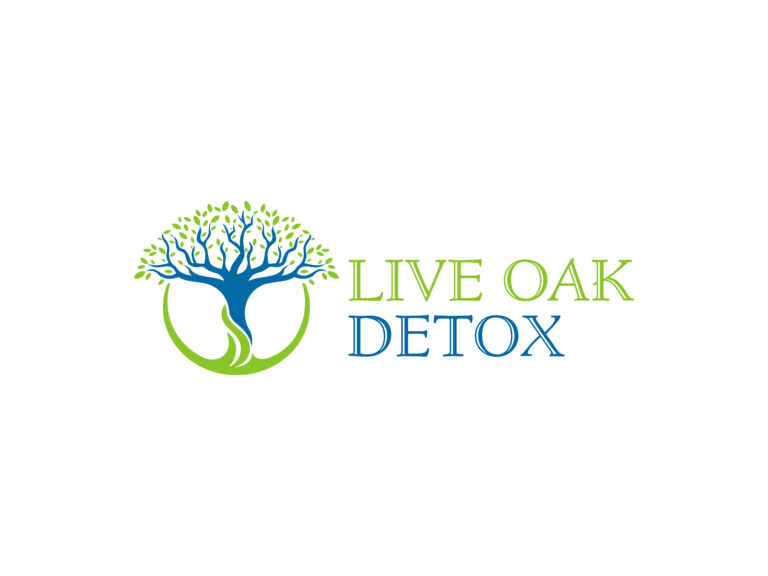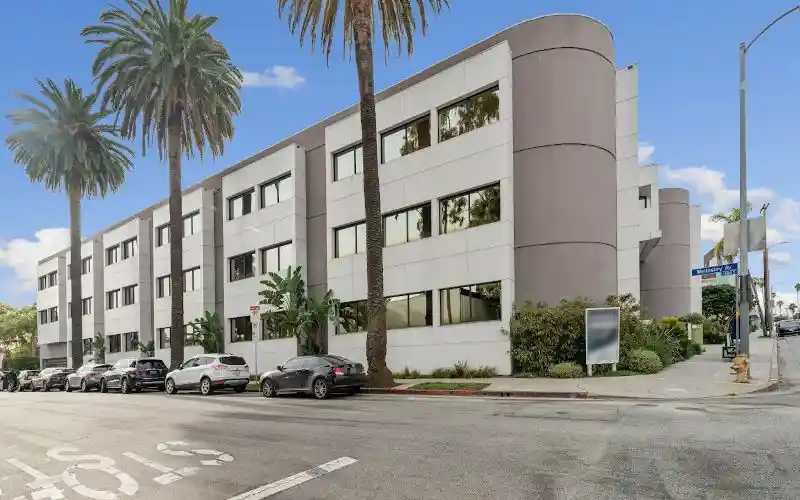



Prescription drug addiction is a prevalent yet often overlooked medical condition. While these medications are initially prescribed for valid health reasons, they have the potential to cause dependence and misuse over time. The brain’s adaptation to repeated exposure to these drugs can lead to a persistent need, overshadowing the drug’s therapeutic purpose.
Prescription drug addiction arises from a combination of factors. The ease of access, prolonged usage, increasing dosages beyond the recommended amounts, and using these drugs for recreational purposes all contribute to dependency. Furthermore, misinformation and the misbelief that “it’s safe because a doctor prescribed it” often exacerbate the issue.
Misusing prescription drugs can result in an array of physical effects, such as dizziness, nausea, and organ damage. Psychologically, one might experience mood swings, heightened anxiety, and depression, even after a short period of misuse.
An overdose on prescription drugs is life-threatening. Signs include difficulty breathing, loss of consciousness, and seizures. Recognizing and acting on these signs by seeking emergency medical attention can mean the difference between life and death.
Individuals addicted to prescription drugs may manifest behaviors like doctor-shopping, using the drug beyond its therapeutic need, or becoming defensive when confronted about their usage. Observable physical symptoms might include sleep disturbances, weight fluctuations, or changes in energy levels.
Prescription drug addiction can be indicated by a sudden change in behavior, unexplained mood swings, secrecy about medication intake, or frequently running out of medications before the next refill.
A pattern of increasing dosages, taking the drug for reasons other than those prescribed, or a history of substance abuse are all warning signs. Other risk factors include personal or family history of addiction, mental health disorders, or experiencing trauma.
Terms like “Vikes” for Vicodin, “Benzos” for Benzodiazepines, or “Barbs” for Barbiturates are among the slang names for commonly abused prescription drugs. Recognizing these terms can aid in early detection of misuse.
Chronic misuse can lead to a range of physical health complications like liver damage, respiratory issues, and even the risk of coma. Such complications can significantly reduce one’s life expectancy.
Cognitively, prescription drug misuse can impair judgment, cause memory loss, and reduce decision-making abilities. Emotionally, individuals might grapple with feelings of guilt, depression, or heightened anxiety.
The family unit can suffer in various ways, from emotional distress, financial troubles, strained relationships, to experiencing trauma from witnessing overdose events or erratic behavior.
Genetics can play a role in susceptibility to prescription drug addiction, with some individuals being more predisposed based on their genetic makeup.
Easy access to drugs, peer pressure, or living in high-stress environments can significantly contribute to the onset of addiction.
Social acceptance of casual drug use, societal pressure, or associating with peers who normalize drug misuse can push individuals towards addiction.
Mental health disorders and high-stress levels can act as gateways to prescription drug misuse as individuals might resort to self-medication as a coping mechanism. This can spiral into a cycle of dependency and worsening mental health.
Detox typically involves an initial phase of acute withdrawal followed by a longer phase of recovery and stabilization. Symptoms vary based on the drug but can range from physical discomforts like nausea to psychological disturbances like anxiety.
Detox should always be supervised by professionals as abrupt cessation can lead to severe complications. Therapies, counseling, and, in some cases, medications can assist in managing withdrawal symptoms.
CBT offers tools to understand the patterns leading to drug misuse and equips individuals with strategies to cope with stress or triggers without resorting to drugs.
Motivational Interviewing, Contingency Management, and Family Therapy are among the other effective therapeutic strategies that can be employed alongside CBT for holistic treatment.
Medications like Methadone for opioid addiction or Disulfiram for alcohol dependence can play crucial roles in managing cravings and aiding in the detox process.
When integrated with behavioral therapies, medications can significantly improve the chances of successful rehabilitation and long-term sobriety.
Post-treatment support, such as outpatient programs or support groups, ensures continuity of care, preventing potential relapses and reinforcing the lessons learned during rehabilitation.
An understanding and supportive family can be a pillar of strength during recovery, providing emotional support, understanding, and helping maintain a drug-free environment.
Continuous education about the dangers of prescription drug misuse, staying connected with support groups, seeking therapy, and engaging in activities that promote well-being can help maintain a life of sobriety.
Prescription drug addiction is a silent epidemic affecting countless individuals and families globally. By understanding its intricacies and embracing a comprehensive, holistic approach to treatment, recovery is not just possible; it’s probable. Education is the first step towards breaking the chains of addiction and fostering a community that recognizes, understands, and supports those in need.